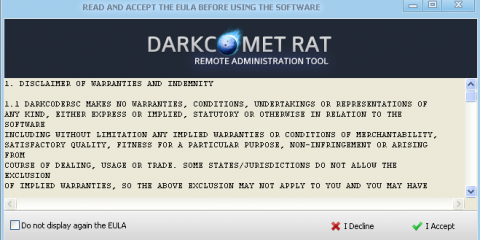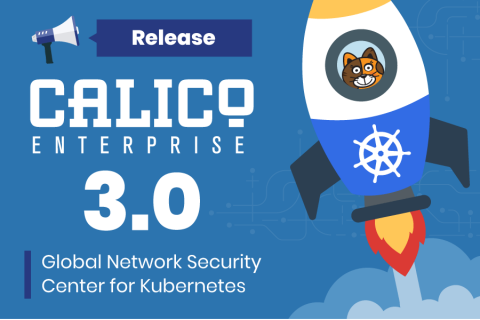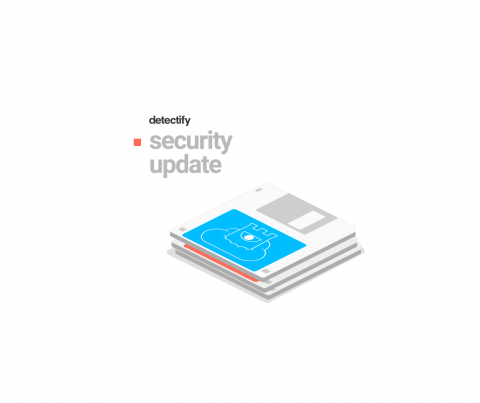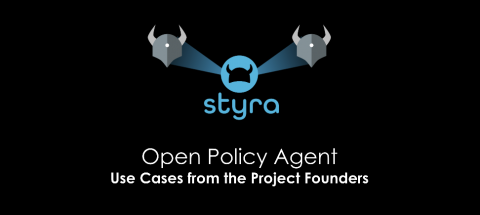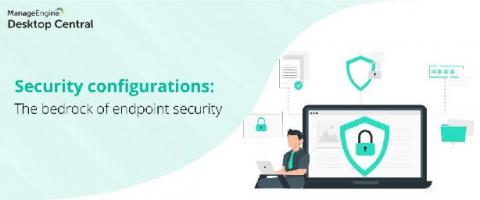Security | Threat Detection | Cyberattacks | DevSecOps | Compliance
Blog
Spike in Snake Ransomware Activity Attributed to New Campaign
Security researchers attributed a spike in Snake ransomware activity to a new campaign that’s targeted organizations worldwide. Snake ransomware first attracted the attention of malware analysts in January 2020 when they observed the crypto-malware family targeting entire corporate networks. Shortly after this discovery, the threat quieted down. It produced few new detected infections in the wild for the next few months.
Calico Enterprise 3.0 - Global Network Security Center for Kubernetes
As our enterprise customers build out large, multi-cluster Kubernetes environments, they are encountering an entirely new set of security challenges, requiring solutions that operate at scale and can be deployed both on-premises and across multiple clouds.
Tips to Manage the Surge in Online and Mobile Payment Transactions
With COVID-19 continuing to affect consumers and business of all sizes across every industry around the world, there has never been a more important time for financial institutions (FIs) to ensure that payment transactions complete as expected. In the next three weeks, we will release a blog a week discussing the top tips INETCO is recommending to customers in an effort to navigate the impact of COVID-19 on their payments business.
Risk Management Process
Not too long ago, “risk management” was considered mainly an insurance term. The risks a business might incur covered a fairly small and discrete range of scenarios, including the following: The times have changed, however, and so have risks. With the advent of the digital age come a plethora of new risks as well as an increase in the complexity of existing ones.
Balancing security and flexibility with a remote workforce
According to the Pew Research Center, last year, roughly seven percent of U.S. workers regularly enjoyed the option of working from home. Well accustomed to the nature of remote work, these individuals were equipped with stable internet connections, collaboration and communication tools, and security technologies that helped them excel from their home offices.
Detectify security updates for 29 April
For continuous coverage, we push out major Detectify security updates every two weeks, keeping our tool up-to-date with new findings, features and improvements sourced from our security researchers and Crowdsource ethical hacker community. Due to confidentially agreements, we cannot publicize all security update releases here but they are immediately added to our scanner and available to all users. This post highlights a few things that we have improved in the last two weeks.
Open Policy Agent: Cloud-native Authorization
Talks focused on Open Policy Agent (OPA) are featured prominently in the agenda for KubeCon + CloudNativeCon Europe—15 OPA-focused sessions were accepted from users at Google, City of Ottawa, Ada Health and more—signaling the importance of authorization in the cloud. While the event and those talks are now on hold until August, that doesn’t mean we should postpone learning more about authorization within applications, across Kubernetes clusters and on top of service mesh.
Security configurations-Part one: 7 reasons why security configurations are crucial to your security blueprint
Security configurations are security-specific settings used to secure heterogeneous endpoints such as servers, desktops, laptops, mobile devices, and tablets. As endpoints in your network diversify, securing each endpoint becomes a challenge. One way to ensure effective endpoint security is by automating it, which is where security configurations come into play. Security configurations are utilized to secure and control every facet of your network.
The Changing Face of Email Security
With the rise of remote work, especially in recent months, and the number of net-connected devices rising all the time, email is more relevant as ever. Indeed, as a form of unobtrusive communication and document sharing, email has pretty much cemented its position as the go-to tool for businesses of all sizes. Unfortunately, being the popular kid in school is not always a good thing – for a start, it has a way of making you look like an easy way in.


